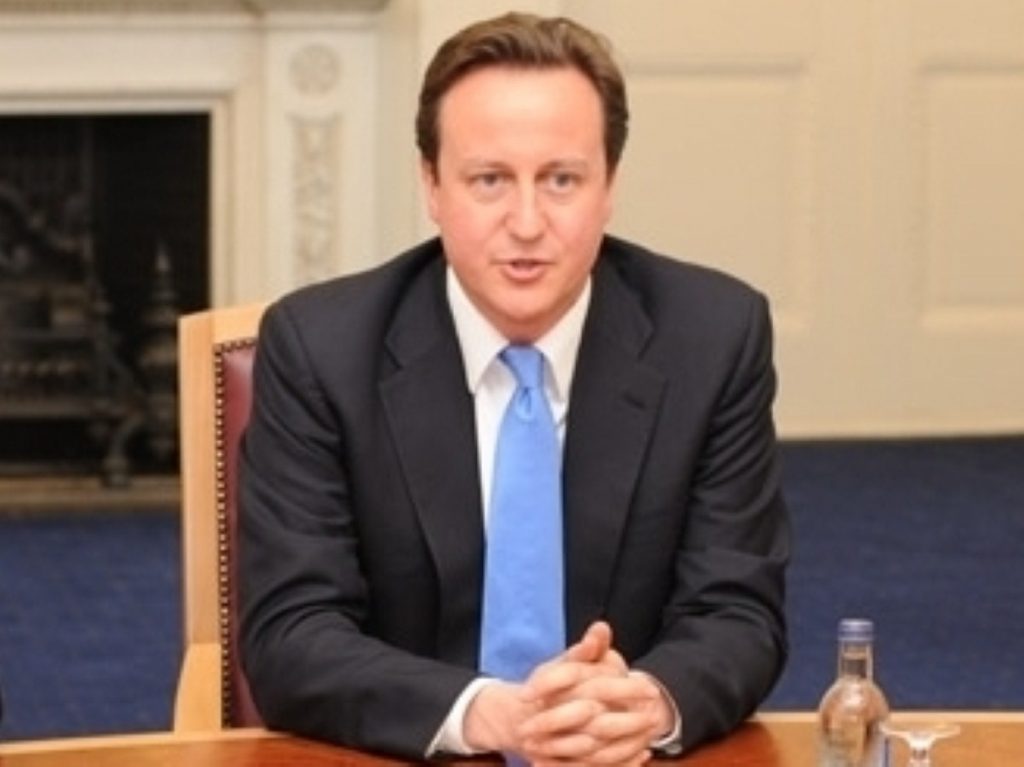Sketch: Dignified Cameron’s Bloody Sunday sorrow
“There is nothing equivocal,” David Cameron said sombrely to a shocked Commons. “It was wrong.”
Politicians are often frustrated by ambiguities. MPs shout and scream when they feel the government is shying away from responsibility for this or that.
There was no such uncertainty today. For once the Commons was confronted with a very clear lack of ambiguity. “What happened on Bloody Sunday was both unjustified and unjustifiable,” the prime minister said. MPs listened in silence.


Cameron was outlining the findings of the Saville Inquiry, one of the longest and most expensive of its kind. Its investigation into the events of 38 years ago is finally over. The facts of the past are unchangeable, to everyone’s regret.
It’s unlikely Cameron, who received the report 24 hours before stepping up the despatch box, had time to digest all the contents of the ten-volume report’s 5,000 pages.
But he spent much of the day considering his statement, No 10 said afterwards. MPs looked businesslike, listening attentively but without betraying any emotion.
It was the lack of brutality, strangely, which made this such a painful process. Support Company “reacted by losing their self-control”. They forgot or lost their instructions and training “with a serious and widespread loss of fire discipline”. The implications, for those who were not around at the time, are horrifying.
Many of those who were present in Londonderry know exactly what happened. One person was shot “when he was lying mortally wounded on the ground”. Another, a father, was “hit and injured by Army gunfire after he had gone to… tend his son.”
Ian Paisley, who was ennobled in the dissolution honours, was among those looking on from the gallery. He sat, slumped, virtually motionless throughout Cameron’s statement. In front of him Robin Eames, the former Archbishop of Armagh, nodded vigorously as the PM outlined his sorrow.
This is the Conservative leader at his best, walking that treacherous tightrope between heartfelt sincerity and excessive sentimentality. He was the picture of measured dignity.
“Some members of our armed forces acted wrongly,” he said gravely.
“The government is ultimately responsible for the conduct of the armed forces. And for that, on behalf of the government – and indeed our country – I am deeply sorry.”
Harriet Harman rose to repeat that apology on behalf of the Labour benches. Her mood was equally sombre as she urged “a comprehensive process of reconciliation”.
Cameron voiced the need to move on, to learn from the events. Doing so drew attention to the inevitable next question quickly being asked: will there be any prosecutions as a result?
It is far from clear. “For those people who were looking for the report to use terms like murder and unlawful killing, I remind the House that these judgements are not matters for a tribunal – or us as politicians – to determine,” Cameron said.
He has urged the country to move on, but until an answer is provided to this biggest question of all – that of accountability and responsibility – it will be difficult for families and relatives to do so.

